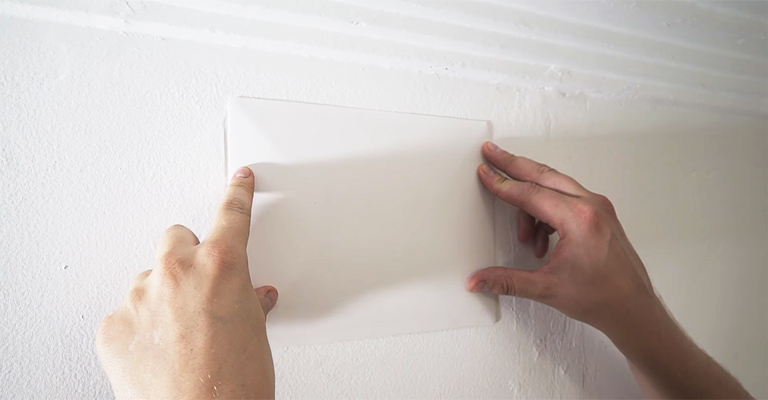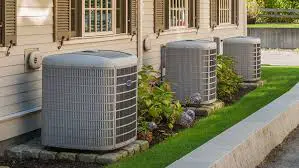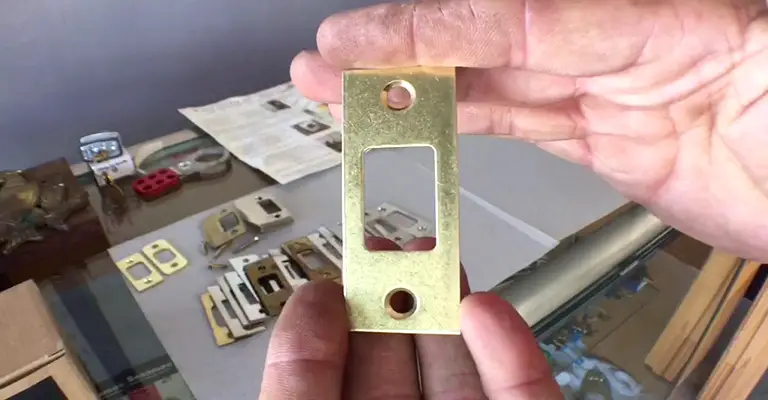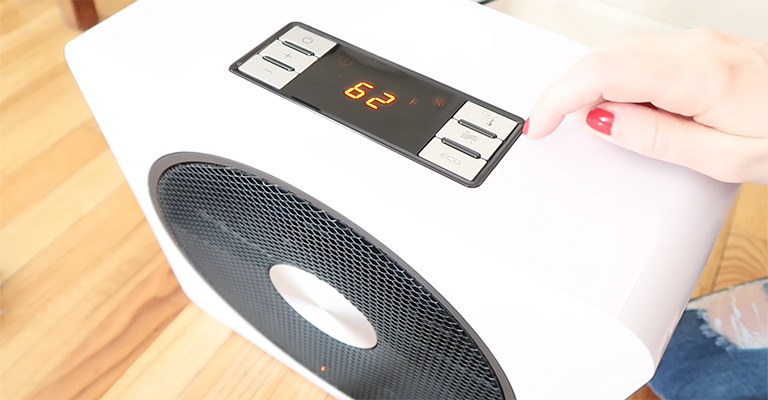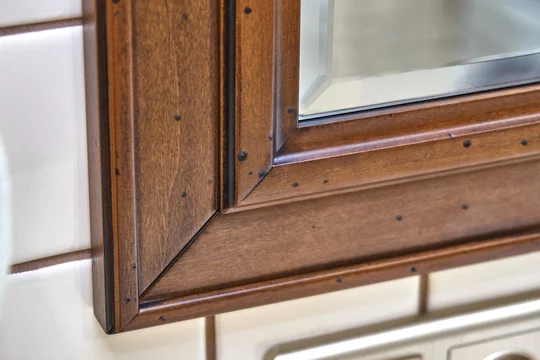Garage Door Won’t Close? Here’s What You Need to Know
Garage doors are an essential part of our homes, providing security and convenience. But what happens when your garage door won’t close? It can be a frustrating and sometimes a concerning issue. In this comprehensive guide, we’ll explore common reasons why your garage door might not close and the steps you can take to remedy the situation.
Common Reasons Why a Garage Door Won’t Close
1. Misaligned Sensors
Modern garage doors are equipped with safety sensors that prevent them from closing if something is in the way. If these sensors are misaligned, the door may not close properly. Check the alignment and make sure nothing is blocking the sensors.
2. Obstructions in the Door’s Path
Something as simple as a small object on the ground can hinder the garage door’s ability to close. Inspect the tracks and the area around the door for any obstructions and clear them away.
3. Damaged or Worn Springs
Garage doors rely on springs to operate smoothly. If a spring is worn or broken, it can prevent the door from closing fully. You may need to replace or repair the springs.
4. Remote Control Issues
Sometimes, the problem might lie with the remote control itself. Check the batteries and the remote’s programming. It may require reprogramming or replacing the batteries.
How to Fix a Garage Door That Won’t Close
Check the Sensors
As mentioned, misaligned sensors are a common problem. Check if the sensors are aligned properly and clean them to remove any dust or debris. If they appear to be damaged, you may need to replace them.
Inspect the Tracks and Rollers
Look for any signs of damage or wear on the tracks and rollers. These components can get bent or worn out, causing the door to malfunction. Lubricating the rollers or adjusting the tracks might solve the problem.
Call a Professional
If you’ve tried the above solutions and your garage door still won’t close, it might be time to call a professional garage door technician. They have the tools and expertise to diagnose and fix the problem quickly and safely.
Preventing Future Issues
Maintaining your garage door can prevent many issues down the line. Here are some tips to keep your garage door functioning properly:
Regular Inspections
Periodically inspect the garage door’s components, including the sensors, springs, and tracks. Look for signs of wear or damage.
Lubricate Moving Parts
Keeping the moving parts lubricated helps them function smoothly. Use a garage door-specific lubricant on the rollers, tracks, and hinges.
Test the Safety Features
Test the garage door’s safety features, like the auto-reverse function, regularly to ensure they are working as they should.
Potential Costs of Repair
Addressing a garage door that won’t close can range from a simple and inexpensive fix to something more costly. Here’s a breakdown of potential costs:
DIY Fixes
Sensor Alignment or Cleaning
Free to nominal cost for cleaning supplies.
Removing Obstructions
Typically free, unless specialized tools are needed.
Remote Control Battery Replacement:
A few dollars for new batteries.
Professional Repairs
Spring Replacement
$100-$300 on average.
Track and Roller Repairs
$125-$400 depending on the extent of the damage.
Sensor Replacement
$50-$100 for parts and labor.
Tips for Choosing a Garage Door Technician
If your garage door issue requires professional attention, here’s how to find the right technician:
Check Credentials
Ensure they are licensed, insured, and have good reviews.
Ask for References
Request and check references from previous customers.
Get Multiple Quotes
Don’t settle for the first quote; compare prices and services from various providers.
Ask About Warranties
A reputable technician will offer a warranty on their work.
Smart Garage Door Technology
Modernizing your garage door system with smart technology can provide enhanced functionality and potentially prevent issues down the line. Features may include:
Remote Monitoring
Control and monitor your garage door from your smartphone.
Scheduled Closing
Program your door to close at specific times.
Integration with Other Smart Devices:
Connect your garage door to your home security system for added peace of mind.
Seasonal Considerations
Weather changes can affect garage door operation. Here’s how to prepare:
Winter
Keep tracks and rollers lubricated to prevent freezing. Inspect seals to keep cold air out.
Summer
Clean and inspect all parts to ensure smooth operation in hot weather.
Rainy Season
Check for water damage and ensure proper drainage around the garage.
Final Thoughts
When it comes to resolving garage door issues, understanding the components involved, such as the garage door opener’s memory, garage door cables, torsion springs, and sensor lights, is essential. Many homeowners may attempt to operate their garage door manually when faced with problems, but reliable garage door repair often requires professional intervention. Garage door service technicians have the expertise to adjust garage door limit settings, repair or replace garage door springs and garage door panels, and troubleshoot most garage door openers.
In conclusion, whether your garage door won’t close or you’re experiencing other related problems, the intricate interplay of parts from the garage door opener to the garage door opening system requires attention to detail and often professional care. Regular maintenance can prevent many of these challenges, but when issues arise, knowing the right steps to take can transform a potentially stressful situation into a manageable one, keeping your home secure and your garage door operating smoothly.

